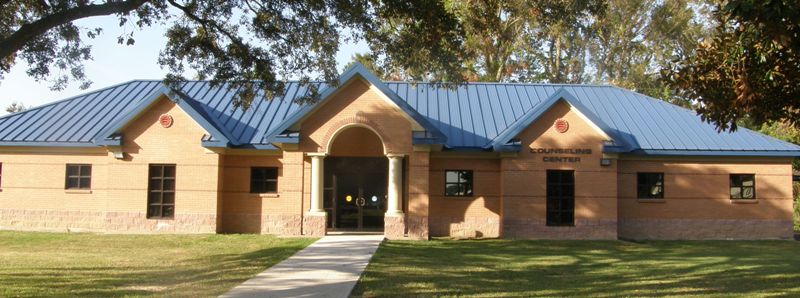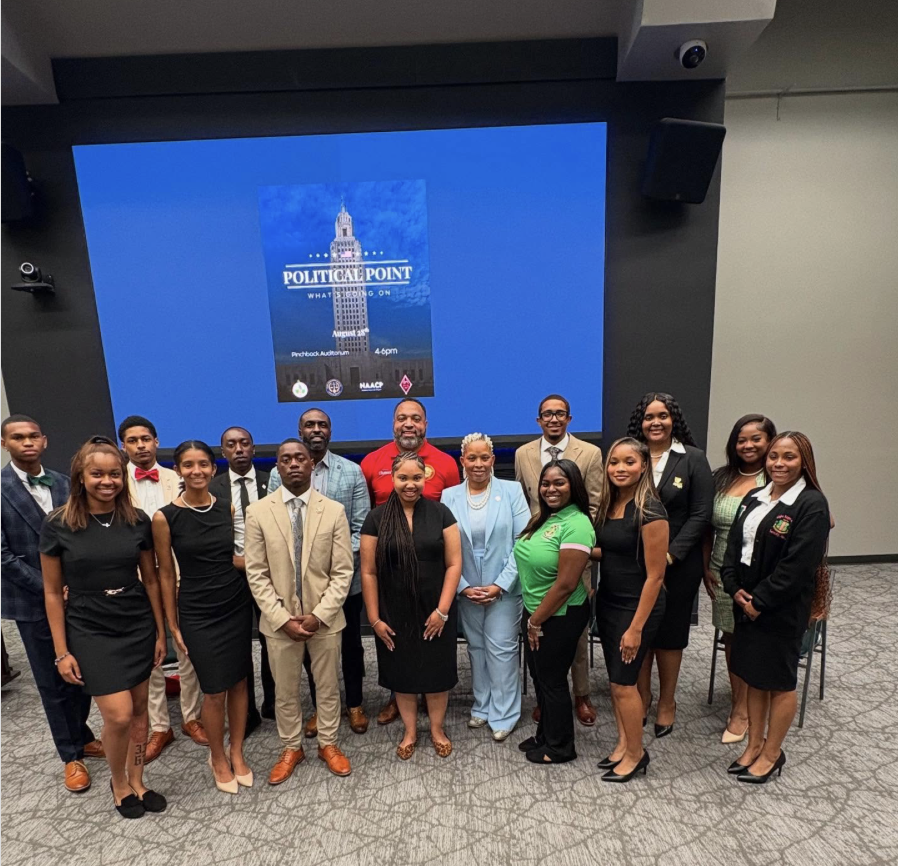TUSKEGEE, ALA. – A college newspaper should convey the truth and should be a catalyst for change. Students should be able to view the newspaper as their collective voice issued regularly, without hindrance and free from outside influence. Sadly, at Tuskegee University, this is not the case.
For nearly two years, I have experienced unbelievable frustration as the managing editor of the Tuskegee Campus Digest, and this frustration is shared with the editor-in-chief, the staff, and those of the student body who are disappointed each month when their school newspaper is absent from the stands.
The general reason for most of the problems that plague the Campus Digest is that Tuskegee, one of the most prestigious historically black institutions of higher learning, does not have a communications or journalism program. In fact, there is not even one journalism course. But this does not mean that our school newspaper cannot and should not be nurtured into something great. There are dedicated students on the staff who firmly believe this; however, it seems as though the Tuskegee University administration does not.
Two computers sit in our office — one that has basic word processing and Internet available, and one that barely starts up. Neither is capable of any page design for our newspaper. Our four graphic designers share one laptop from the administration’s Office of Marketing and Communications. This gets tedious, of course, as I have, on many occasions, driven on and off campus transporting this one laptop to different designers.
When the staff was notified that we would finally be receiving a new computer, we were all elated, and looked forward to a drastic improvement in the design process. Imagine my disappointment as I opened the box to find only a CPU — a computer with no monitor. That was in November. The CPU still sits without a monitor to this day. It doesn’t work with our old, outdated monitors.
Most of the time, however, equipment dilemmas seem to be the very least of our concerns. The absence of a communications or journalism program means the Campus Digest is supervised and funded directly under the school’s administration. Even our adviser is an administrator within the Office of Marketing and Communications.
Though I consider our adviser a dear friend for whom I have the utmost respect, I cannot deny the obvious conflict of interest that occurs between his duties as an administrator of Tuskegee University and adviser to the Campus Digest. Through this administrative link, the university president, Dr. Benjamin F. Payton, holds a quiet power over our newspaper that has stifled its creativity and content for far too long.
There are several incidents that would demonstrate this, but one in particular stands out. On March 15, 2007, students and faculty were notified that the National Architectural Accrediting Board elected not to extend the accreditation of the Tuskegee University Architecture Program. This was, of course, a very controversial issue on campus. I felt that students needed to know the truth about what happened, so I decided to write an article to present both sides — that of the president and that of the architecture students. I interviewed the president as well as the students affected by the accreditation loss. After working on this article for several days, I finally submitted it to our adviser for our May 2007 issue.
To my dismay, I learned that President Payton was somehow able edit my article, himself, extracting not only quotes he had given me, but also quotes of other students and sections of my own writing. These edits had already taken days away from the issue’s publication process, and I had no choice but to concede to the edits or not have the article appear at all. Even after the editing occurred, the May 2007 issue of the Campus Digest — including my article — was never published.
The apparent injustice here is that once a newspaper, especially a college newspaper, loses its truth — its duty — it becomes no more than a marketing tool. When a photographer is reprimanded for an honest picture of one of the school’s dilapidated buildings; or a reporter is told that an article might “incite protest”; or the editors are told which stories should be on the front page of the newspaper, there is a problem. Quite often we work under the pervasive sense of always wanting to “pretty things up” for the public eye. This is not truth. This is not journalism. This is not the voice of a student newspaper.
This article is simply a discussion we had hoped to have with our president. The editor-in-chief and I want so badly to voice these concerns and improve the condition of our paper, but our attempts to meet with the president have proved fruitless. We even had a meeting scheduled, for which we carefully prepared, but it was cancelled. The editor-in-chief has been to his office at least three times since then to reschedule, but his secretary has consistently informed us that his schedule is full. It is difficult for two graduating editors, who are involved in academic and extracurricular activities, to persist in the face of repeated rejection.
Who knows what myriad problems within the Campus Digest could be solved through one meeting, or, say, several meetings, with our president? The frequency of our newspaper, for example, could be improved if we could publish it online. The staff was told we would have to go through the president to achieve this, and he refuses to meet with us.
The intent of this exposition is not at all to demean my school or administration in any way, but rather to stir the powers-that-be to take action and discard the current approach to our newspaper. I am proud to be a graduating senior at Tuskegee University, but we must build the school’s newspaper to be as prominent and prestigious as the university’s name.
Maybe improvement of the Campus Digest will increase student involvement and interest in it, and possibly ignite a spark toward the formation of a journalism or communications program. But, in reality, that will never happen with without at least a meeting. I owe that legacy to the underclassmen rising to leadership after me. They deserve that much.
J.J. McCorvey is a student at Tuskegee University and managing editor of the Campus Digest, Tuskegee’s student newspaper.
Categories:
Tuskegee’s Student Editor Speaks Out
February 1, 2008
0
More to Discover





